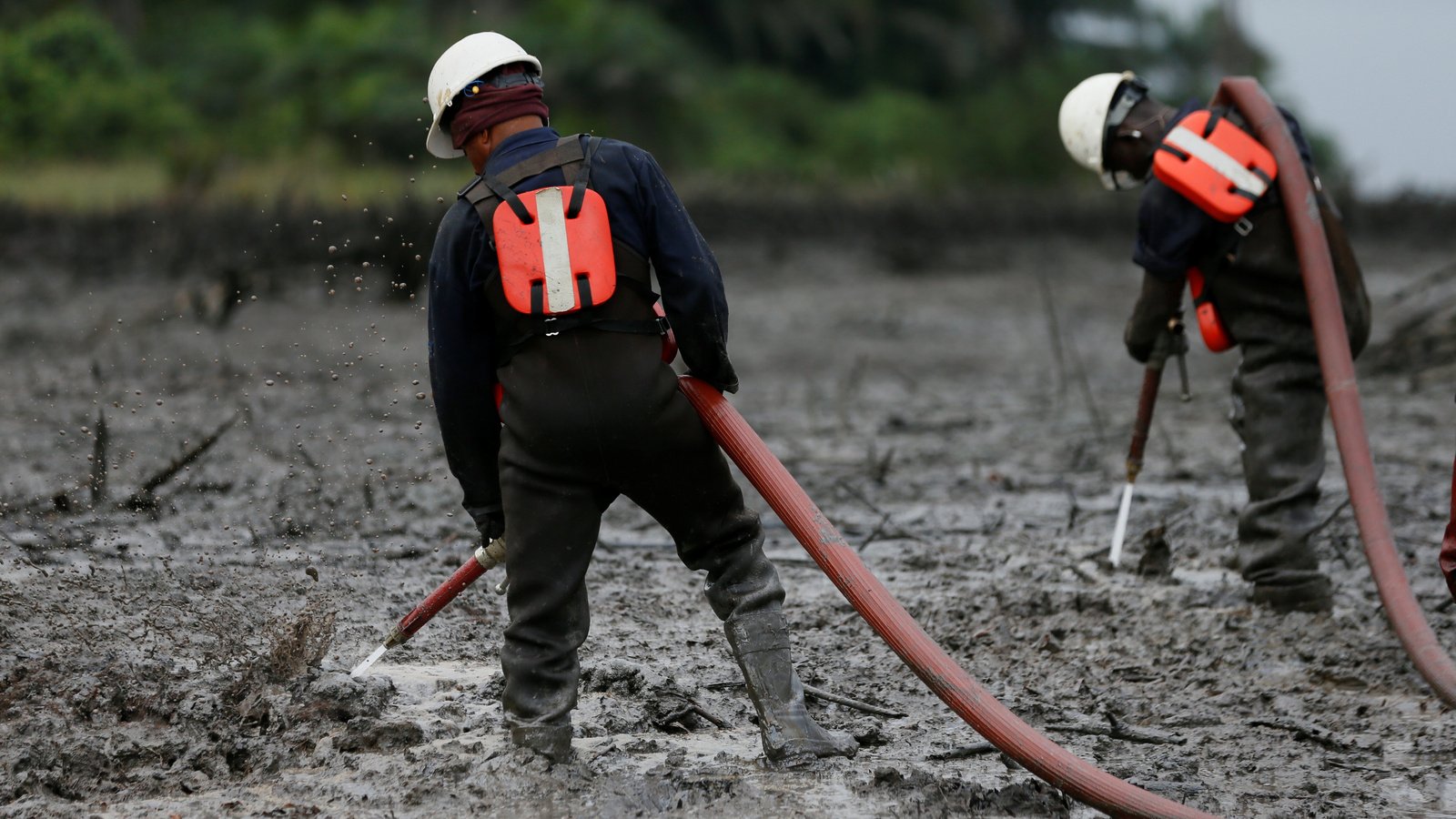
Nigeria has approved a 15% import duty on petrol and diesel to shield its growing domestic refining sector from cheaper foreign competition. The policy, signed by President Bola Tinubu on October 21, marks a new phase in the government’s effort to stabilise the fuel market and reduce dependence on imports.
According to a presidential memo seen by Reuters, the measure aims to safeguard billions of dollars invested in local refineries while accelerating Nigeria’s drive toward energy self-sufficiency. Officials said the duty is part of wider fiscal reforms to boost non-oil revenues ahead of comprehensive tax changes expected in 2026. It follows last year’s removal of fuel subsidies and the lifting of foreign exchange controls — two moves that reshaped Nigeria’s economic landscape.
The government described the reform as a balance between consumer protection and investor confidence, pledging that it would create a “stable and competitive” downstream petroleum sector. Africa’s largest oil producer has struggled for decades with the irony of importing refined fuel despite abundant crude reserves. That paradox began to shift when the $20 billion, 650,000-barrel-per-day Dangote refinery started production last year.
Yet the refinery has since faced competition from cheaper imports, which authorities say are sold below cost recovery. The new import duty seeks to correct that imbalance. Current pump prices hover around 928 naira ($0.63) per litre, and officials expect the new levy could raise prices by roughly 99 naira.
Nigeria has repeatedly suffered from fuel shortages due to import disruptions and logistical hurdles. The government insists this latest policy will ensure stability and strengthen national energy independence.
